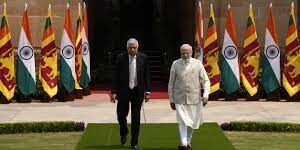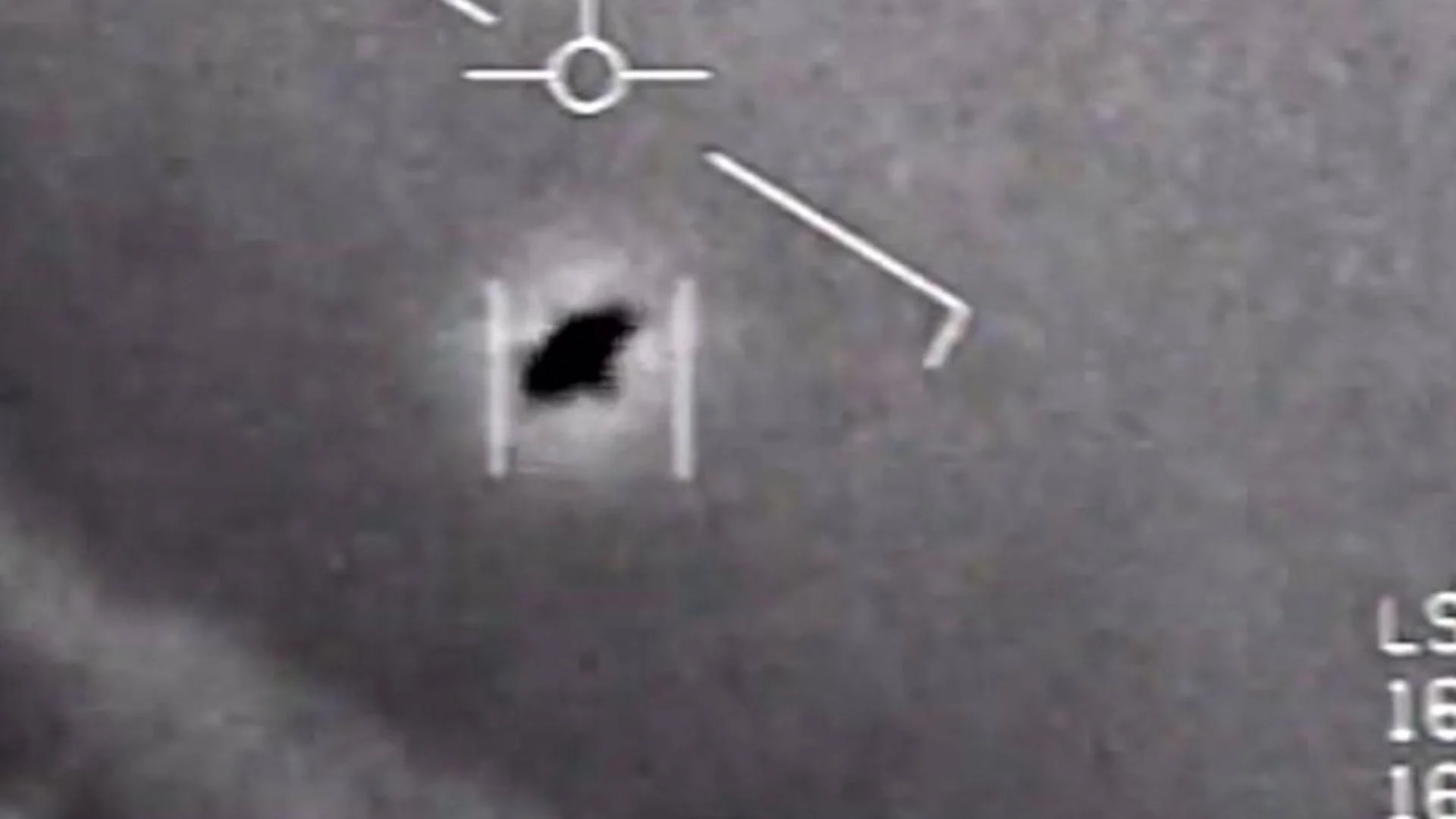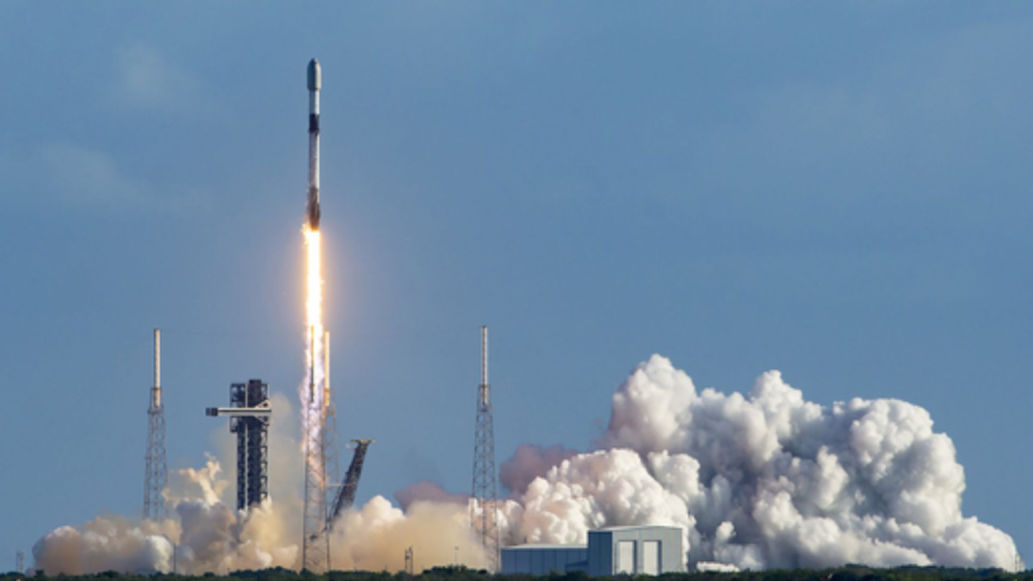
In what has sparked security concerns in India, China has requested permission for a “research ship” to dock in Sri Lanka. Now Colombo has to take a call on the request from Beijing. While dealing with the request from Beijing, the Sri Lankan government must also address the security concerns in India about the growing Chinese activities including this one in the island nation.
India cannot take any Chinese activity in Sri Lanka lightly. Rather, New Delhi believes that Beijing makes every single move in Sri Lanka with focus on India’s strategic advances in the island country. There is no denying that China has been actively involved in various activities aimed at expanding its footprints in Sri Lanka which is strategically placed halfway along key east-west international shipping routes. With this in the background, China’s request to Sri Lanka seeking permission for a research ship to dock in the country is enough to raise eyebrows in the Indian security, military and diplomatic establishments. What is more significant is that this comes a year after the Chinese spy vessel’s visit to Sri Lanka. Last year, India had raised concerns over a Sri Lanka port call in Hambantota by Chinese research vessel Yuan Wang 5, which specialised in spacecraft tracking and which New Delhi described as a spy ship. The Hambantota port has been run by the Chinese since 2017, when they took on a 99-year lease for US$1.12 billion, less than the US$1.4 billion Sri Lanka paid a Chinese firm to build it. China then said it was “completely unjustified for certain countries” to cite “security concerns” to pressure Sri Lanka. However, Colombo had attempted to address New Delhi’s concerns by asking China not to engage in any research activities while in Sri Lankan waters. But what is the guarantee that China will not carry out spying activities? Now again Beijing has sought permission for Shi Yan 6 to dock. Chinese state broadcaster CGTN calls the Shi Yan 6 a “scientific research vessel” crewed by 60 that carries out oceanography, marine geology and marine ecology tests.
Obviously, this is again a matter of concern for India. New Delhi will definitely reach out to Colombo to formally share its concerns over the development with the Sri Lankan government in days to come. Diplomats will raise India’s concerns formally with the Sri Lankan government. India has always been suspicious of China’s increasing presence in the Indian Ocean and its influence in Sri Lanka. With this being the case, Sri Lanka must address India’s concerns about growing Chinese activities. Recently, Sri Lankan President Ranil Wickremesinghe visited New Delhi and held talks with Prime Minister Narendra Modi. The outcome of the visit was quite positive. Only two days ago, Sri Lankan high commissioner Milinda Moragoda, in an interview to an English daily, said that the President’s recent visit to New Delhi consolidated the trust-building process between India and Sri Lanka and that the strategically located island nation in the Indian Ocean saw India’s security as Sri Lanka’s own security. During the talks with President Wickremesinghe, PM Modi had underlined the need for the two countries to keep each other’s safety and sensitivities in mind while working together. The visit last month was the first by the Lankan President since the Chinese spy vessel was allowed to dock at the Hambantota port last year. The President had assured that Sri Lanka would always be mindful of India’s security concerns in the maritime domain. This was seen in the context of China’s presence in Sri Lanka.
The Sri Lankan government has always said on different occasions in the past that it will not allow any anti-India activities on the soil of Colombo. No doubt, these words from Sri Lanka are appreciable in terms of the country addressing India’s security concerns about China’s bid to expand influence in the island nation. Assurances from Colombo are okay. But at the same time, the government in Colombo needs to take a tougher stand vis-à-vis China’s repeated request seeking permission for its vessels to dock at Sri Lankan ports. The Sri Lankan government should not, at times, hesitate to show disapproval of “such requests” from China. India does respect Sri Lanka’s right to choose with whom it wants to have friendly relations. But Sri Lanka should, at the same time, ensure that no friendship is built at the cost of security and safety of neighbours. Therefore, the Sri Lankan government needs to go beyond only giving assurances while addressing security concerns from India.















